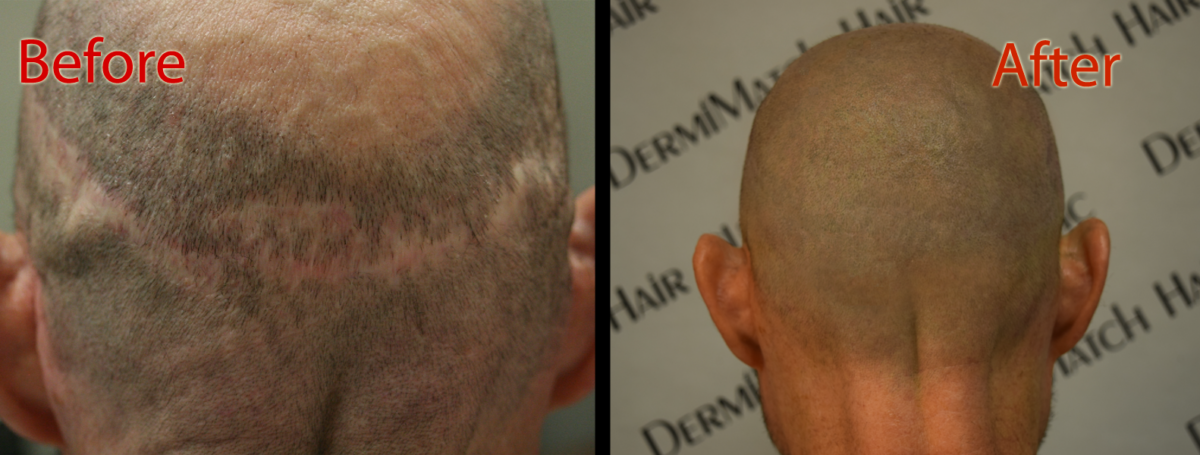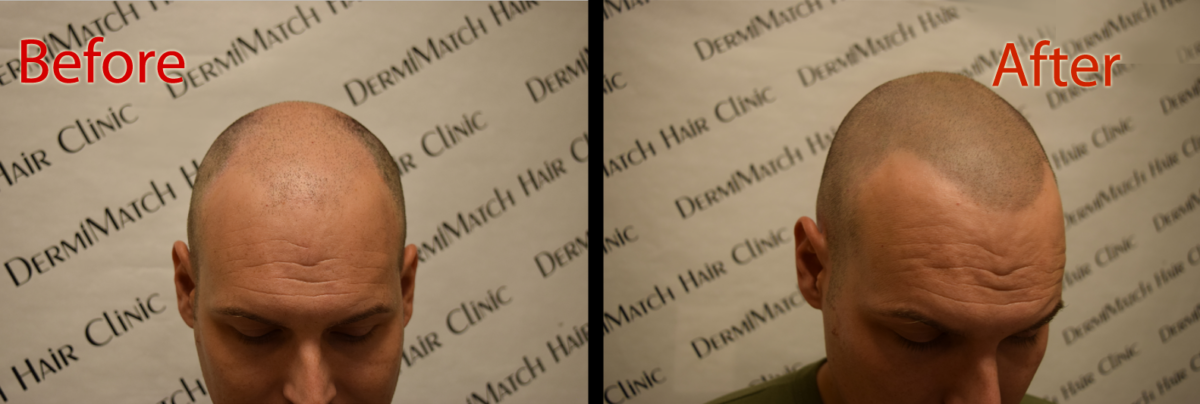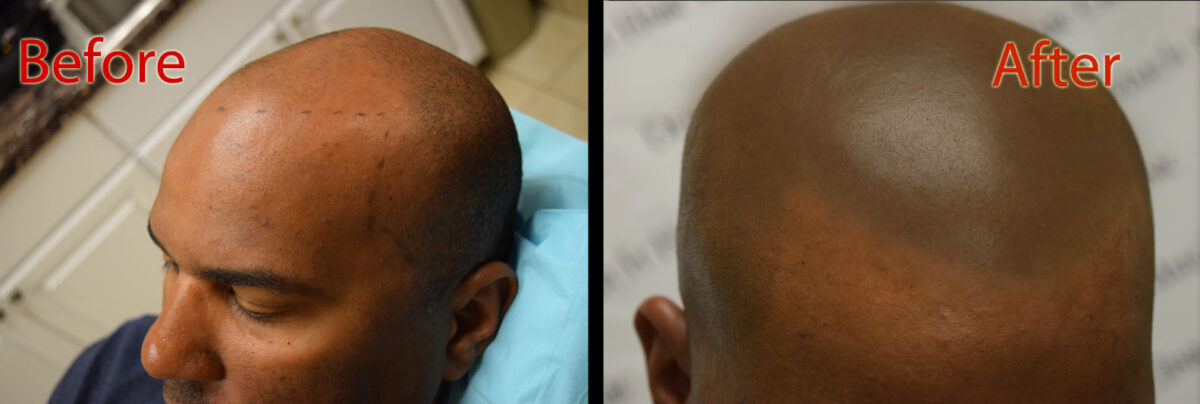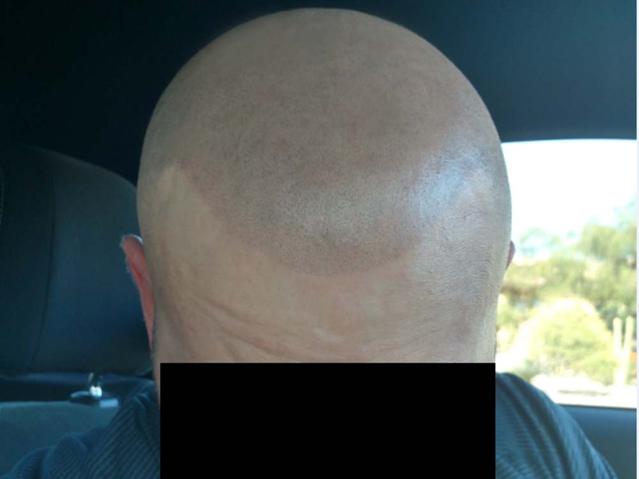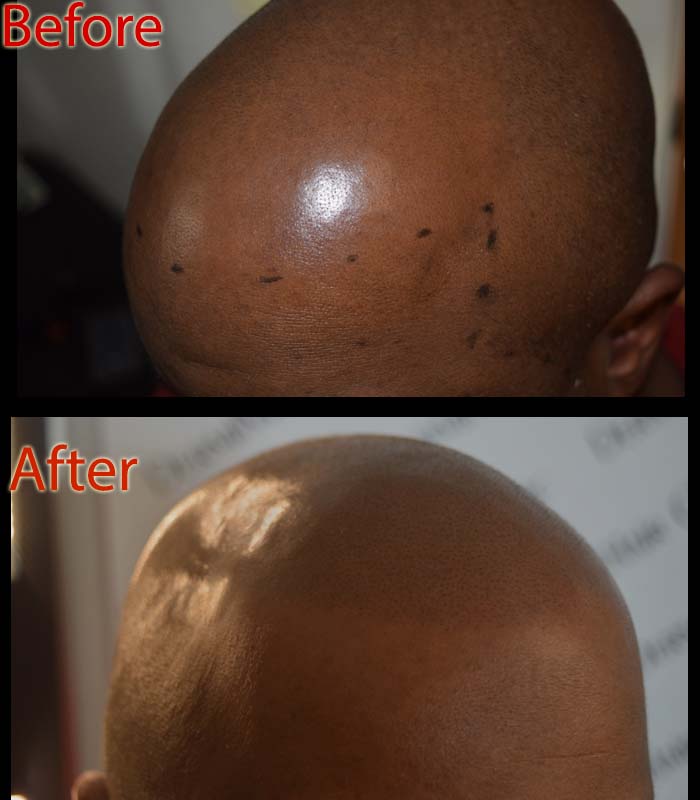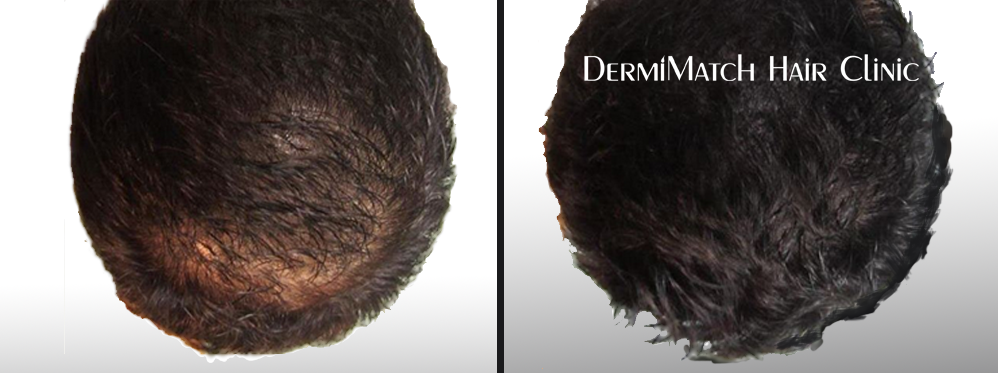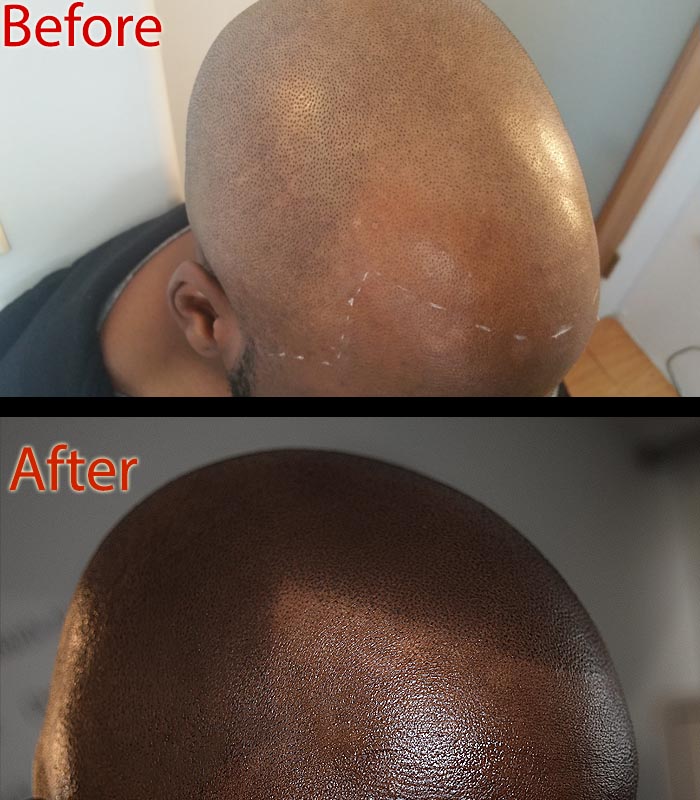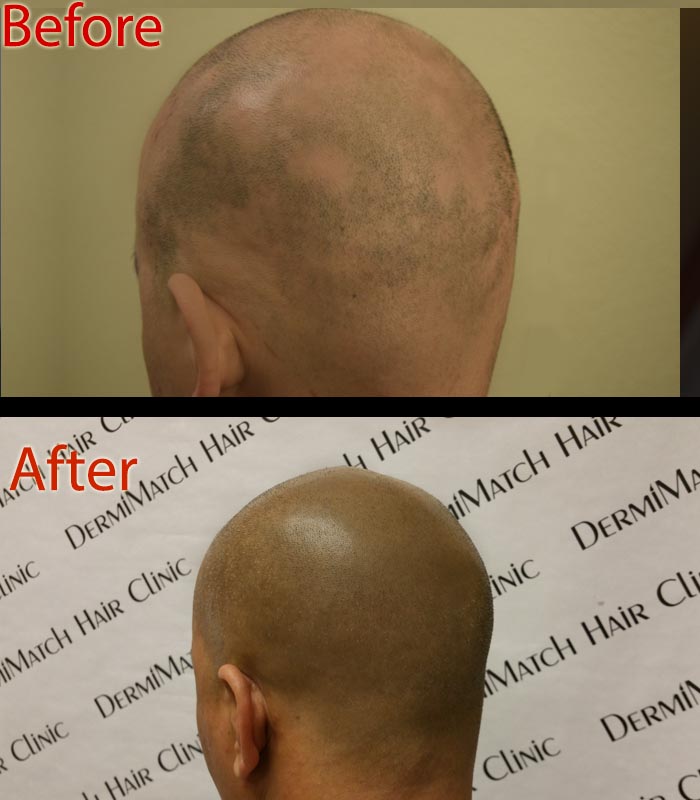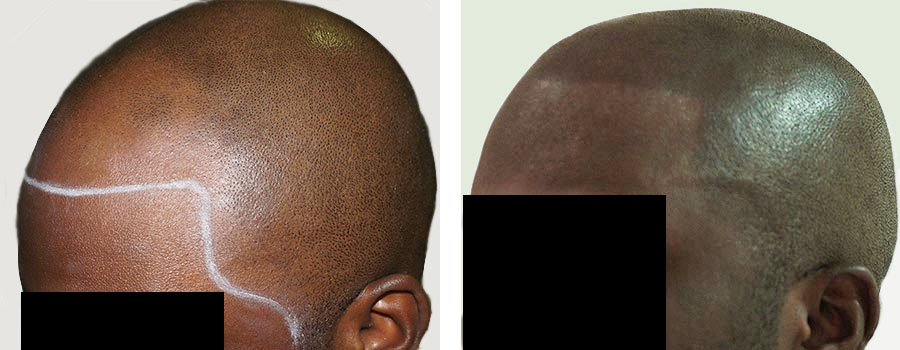If you love your hair, then you likely see hair loss as a silent thief, which steals confidence one strand at a time. In most cases, it could be hormonal hair loss, though there are various causes of hair shedding in men and women. Unfortunately, the problem is so common that many are searching for answers to stop thinning hair and regrow what’s lost. So you are not alone.
What Causes Hormonal Hair Loss?
Hormones regulate nearly every part of our body, including hair growth cycles. When they’re out of whack, follicles can shrink, leading to hair loss. Androgens in males are the main culprits in androgenetic alopecia. DHT binds to follicles, shortening their growth phase and causing hair shedding.
For women, hormonal shifts from PCOS, menopause, or pregnancy can trigger female pattern hair loss. If that’s not enough, thyroid imbalances slow hair growth and may result in increased shedding. This emphasizes thinning hair treatment needs.
Stress doesn’t help either—it spikes cortisol, exacerbating hormonal imbalance hair loss. Desk dwellers, athletes, and anyone under pressure might notice more hair fall after big life changes. Add in environmental factors like pollution or poor diet, and scalp health for hair loss becomes a priority.
Studies show 40% of women and 50% of men experience some form of hair loss by 50 years, making this a pressing issue for hair regrowth solutions.
Signs and Symptoms to Watch Out For
Hormonal hair loss often starts slowly. Sometimes it may go unnoticeable for some in the initial stages until hair thinning on the scalp becomes more pronounced. The same goes for receding hairline, which is a classic signs of androgenetic alopecia treatment.
Women may see diffuse thinning across the crown, while men spot a horseshoe pattern. Breakage, slow growth, or a dry, flaky scalp signal scalp issues causing hair loss. If your hair feels brittle or you’re shedding more than 50-100 strands daily, your hormones could be the reason.
Treatment Options for Hormonal Hair Loss
There are hair loss treatments for hormones. For androgenetic alopecia, minoxidil is known to boost hair regrowth by stimulating follicles. Antiandrogens block DHT to slow hair shedding. Thyroid medications can restore balance if that’s the root, while dietary changes—rich in iron, zinc, and vitamins—support hair health for hormonal issues.
Platelet-rich plasma (PRP) therapy is a hair regrowth solution that promotes follicle health for both genders.
Lifestyle Tips to Combat Hormonal Hair Loss
We can’t ignore the role of lifestyle in hair loss. Stress management—via yoga, meditation, or just a good laugh—cuts cortisol and supports hair growth for hormonal balance. Stay hydrated, eat nutrient-dense foods, and limit heat styling to protect hair health for hormonal issues.
Regular exercise boosts circulation to the scalp, aiding thinning hair solutions. If hard water or pollution affects your hair, use clarifying shampoos to keep scalp issues causing hair loss at bay.
What about Alternative Treatments?
When hair loss in women or male pattern baldness resists treatments, scalp micropigmentation for hair loss offers a game-changing alternative. How?
Well, this non-invasive procedure uses tiny, natural-looking pigments to mimic hair follicles. The goal is to create the illusion of a freshly shaved head.
SMP is perfect for androgenetic alopecia treatment, addressing hormonal imbalance hair loss by boosting confidence without surgery. Unlike minoxidil for hair loss or PRP for hair regrowth, scalp micropigmentation requires minimal upkeep, lasts years, and works for all hair thinning solutions.
For desk dwellers or anyone seeking scalp health for hair loss, it’s a low-maintenance, high-impact option. Consult a certified Arizona SMP specialist who can customize scalp micropigmentation as your hormonal hair loss treatment.
Top scalp micropigmentation Arizona experts at DermiMatch Clinic can help. It’s time to schedule a consultation right away.

